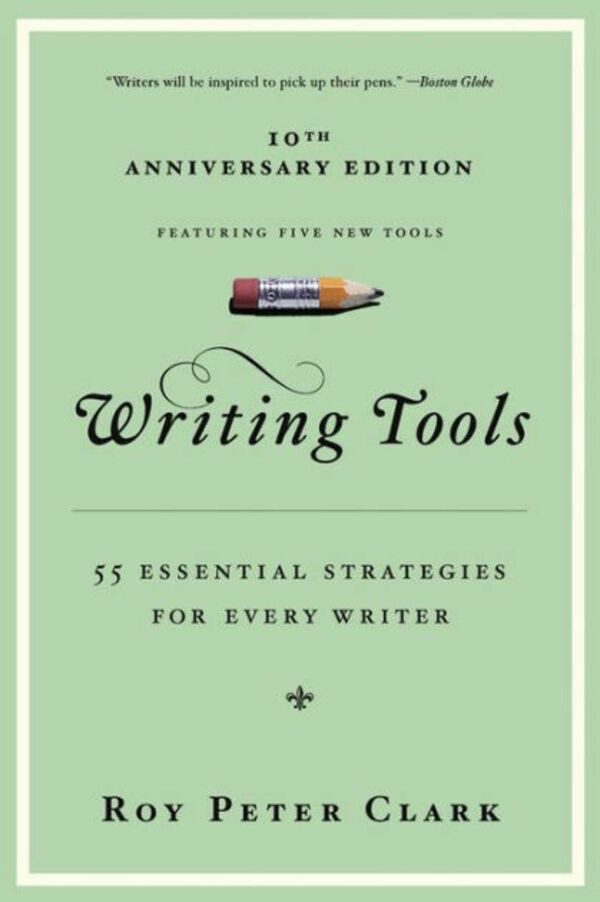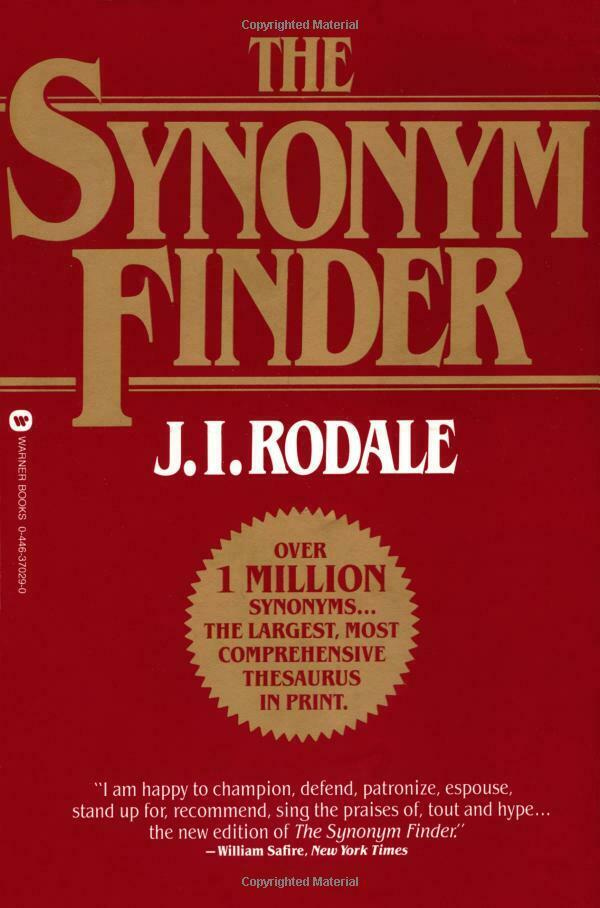Making Your Own Gear Ties
Gareth's Tips, Tools, and Shop Tales - Issue #47
For my next HackSpace column, I’m thinking about doing a basic guide to molding and casting. If you have any tips on the subject, give me a rattle.
***
If you’re new to the newsletter, welcome! This is a participatory effort, so please feel free to share YOUR favorite tips, tools, or tell us an inspiring shop tale.
Making Your Own Gear Ties
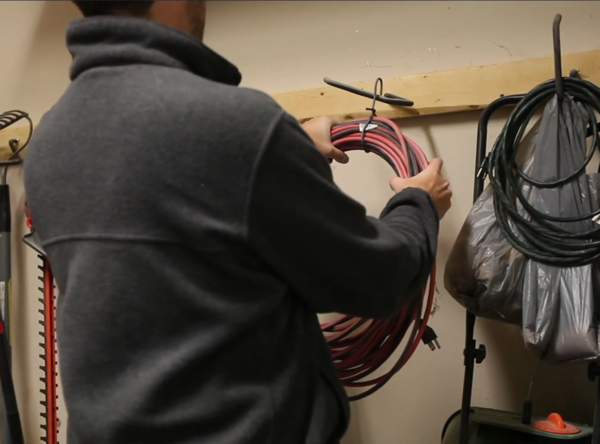
Organize your gear with DIY ties.
My ol’ Make: colleague, Jason Babler, wrote to say that he’s been making a ton of these “gear ties” (as in ties for organizing your gear) after he saw this video. Basically, all you need to make them is some paracord and armature wire.
3D Printer Noise Reduction for Two Dollars
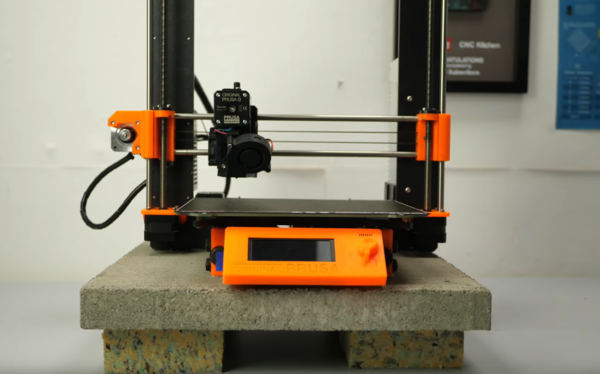
Silence that rattle trap for two bones.
I wrote about this yesterday on Adafruit. Stefan of CNC Kitchen explains why he uses concrete “pavers” (which you can get at a home store for about US$2) under his printers. Basically, it’s for noise reduction. But being a CNC Kitchen video, he goes into great detail about what actually causes the sounds that can make your printer annoying to be around and ways of mitigating the racket. He also looks at other noise reduction measures, like 3D-printed spring feet, foam pads on your printer’s base, and a foam pad below a paver base.
Precision Pocket Oilers
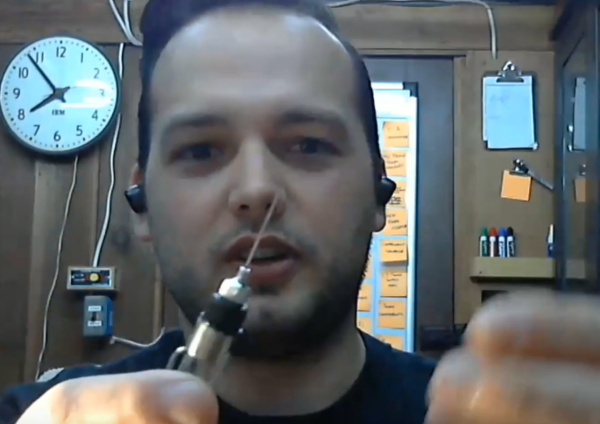
For those teeny-tiny lube jobs.
Many years ago, I got a gorgeous Japanese robot kit that came with the loveliest little needle-tip oil tube dispenser. At some point, I lost it. So, I was tickled to see this Cool Tools video, with Donald Bell and Jordan Bunker, where Jordan shows off a similar (though much larger) precision pocket oiler. The oilers are two for $8 on Amazon.
Making Your Own Shop Recipe Books
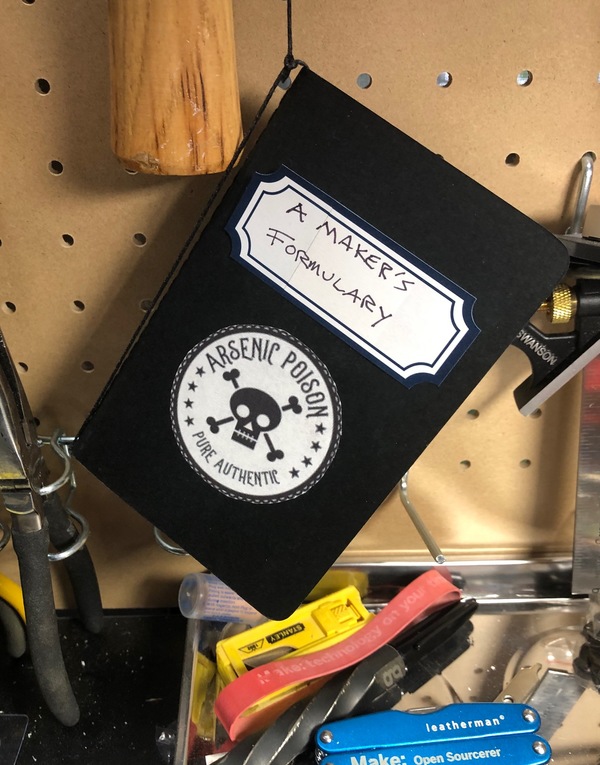
Mix at your own risk!
If you mix up a bunch of your own glues, paints, finishes, lubrications, solvents, etc., consider creating a small formulary to keep the recipes for the mixes you use. Such a book is also a great place to keep any measurements, weights, temperatures, formulas, and other notes that you might use on a regular basis. I keep those in the back. For my books, I use blank-page Moleskine Cahiers notebooks. I use twine to create a loop so that I can hang them from my pegboards.
Aligning Sanding Discs
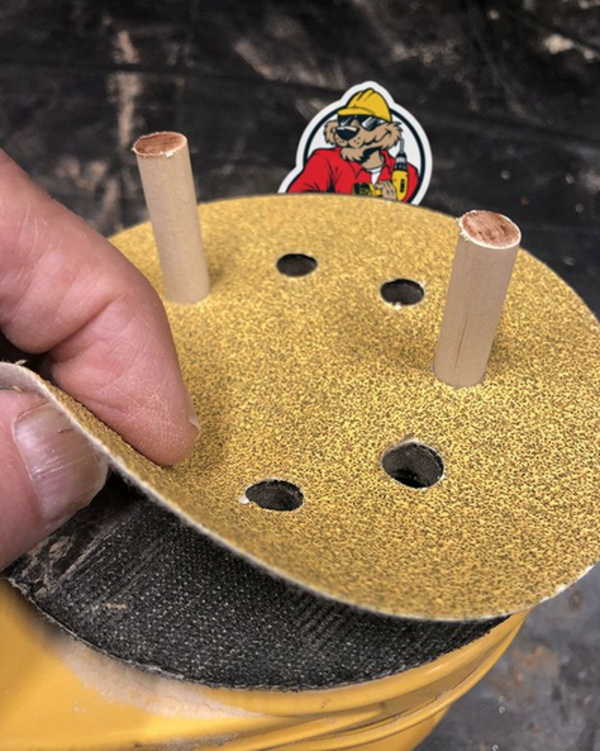
From Acme Tools’ Instagram page.
I just followed the amazing Acme Tools Instagram page. There are a ton of seriously useful tips on there. I’m sure I’ll be sharing more in the future. Here, they show how you can use a couple of 3/8″ dowel pieces to line up the holes of a sanding disk onto a disk sander. Store the dowels with your disks.
The Maker’s Muse
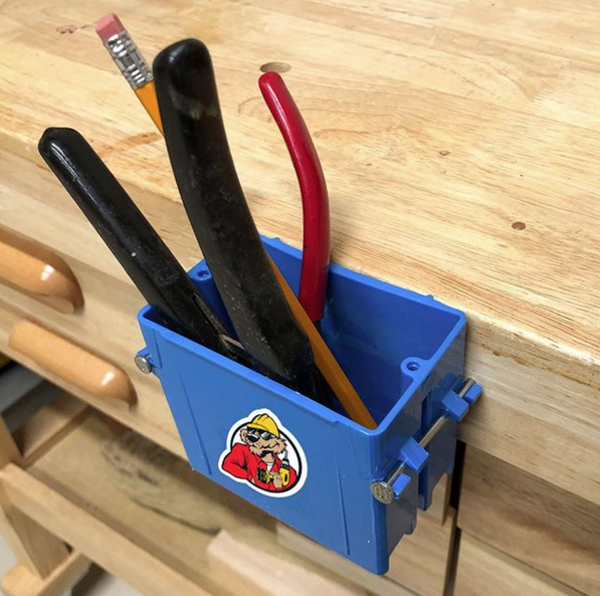
Thinking outside the (junction) box. Another great tip from Acme Tools.
Shop Talk
In response to my tip a few weeks back on organizing your browser tabs, reader Bill Schuller writes:
I also keep a very large heard of browser tabs. If you use Chrome, the closest thing to a sheep dog in this analogy is Cluster – Window & Tab Manager. I use it to find, rearrange, purge, and move groups of tabs into new windows. It also allows you to “pause” tabs, which removes them from working memory for those occasional moments when you’ve really gone overboard with the number of open tabs.
While we’re talking about Chrome extensions, I can’t live without Video Speed Controller. A few years ago, I was getting a demo of some of the awesome technology that Aira creates to help folks with a visual impairment navigate the world. During the demo, I learned that it’s not uncommon for folks to learn to listen to audio at 8x speeds. Since then, I’ve been slowly adapting to absorbing information more quickly. It works with any HTML5 video including YouTube and the like. At work, it also makes getting through Zoom recordings a whole lot quicker too.
05/28/20(Gareth’s Tips, Tools, and Shop Tales is published by Cool Tools Lab. To receive the newsletter a week early, sign up here. — editors)






